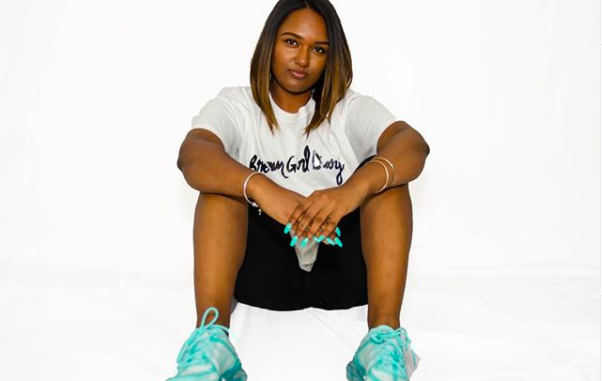
The Birth of The Brown Girl Diary
For Ashley Abdul, it’s all about representation and making an impact.
She created The Brown Girl Diary. It’s a platform highlighting Indo-Caribbean culture. Through blogging and social media, Ashley works with a team of six women to amplify the voices and experiences of Indo-Caribbean women.
“You’ll be like I’m Indian, but I’m Caribbean and they’ll be like what does that even mean?” says Abdul, the founder of The Brown Girl Diary. “By us giving this platform to other women to share their stories, that’s how we create a definition.”
She says this digital platform creates a space for women in her community to connect. A community Abdul feels is not represented enough.
Growing up, her cultural heritage made her feel like an outcast. The Brown Girl Diary stemmed from what Abdul calls an identity crisis.
“I didn’t fit in with the Indian girls, the South Asian girls. I didn't fit in with the African girls. I was balancing all these different things and I’m like ‘Oh my god! What’s wrong with me? I’m not gonna have any friends,’” Abdul thought.
It was a conversation with her own mentors where the idea was born.
The initiative launched in 2018, but it was within the last few months where they received wide attraction after discussing issues about race and culture. After being open about cultural appropriation and anti-black racism, their following jumped from 900 followers in October 2019 to over 4000 followers by mid-June 2020.
Last month, the team hosted a panel to address anti-black racism in their community. Rhyena Miller is a follower of the Brown Girl Diary. As someone who identifies as mixed-race Indian-Guyanese and Afro-Jamaican, she believes she was a perfect fit on the panel.
“I’ve never really talked about what it’s like being multi-racial,” Miller says. “I hope through my experiences and me talking about it, it could give light to parents when they are raising their kids.”
In addition to her blog, which is completely voluntary, she works full-time for the Boys and Girls Club of Canada working with at-risk and marginalized youth. Between her 9am to 5am shift at Boys and Girls Club and raising her two-year-old son, she carves a few hours each night planning The Brown Girl Diary's next move.
Her passion for community comes from her own experiences. Abdul spoke about her appreciation for the program Lost Lyrics as a young girl.
“All these things that I was not understanding in school, I can come to this space and I was able to understand parts of myself that the education system was not teaching me,” says Abdul.
Community programs helped shape Abdul to become the person that she is today. She credits her growth, learning and development to her community leaders and mentors.
"It’s from the women, the men, the mentors in my community that helped me understand why the importance of having these programs and services make a difference to who we are and as we grow," says Abdul.
Ashley dreams of The Brown Girl Diary becoming a full-time job. She wants this platform to become an international organization, supporting Indo-Caribbean women worldwide. On a personal note, she’s planning on pursuing her Masters's in philanthropy within the next few years.

Be the first to comment